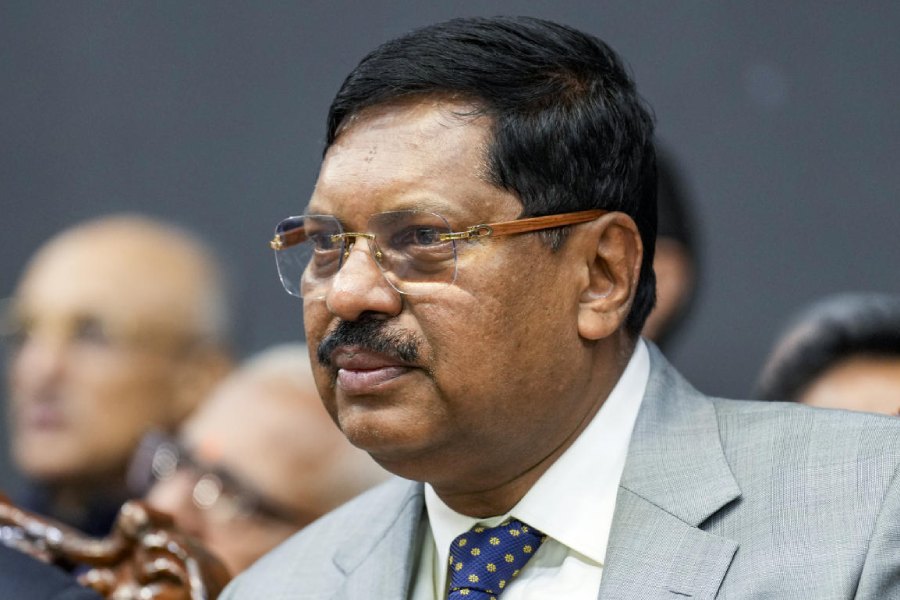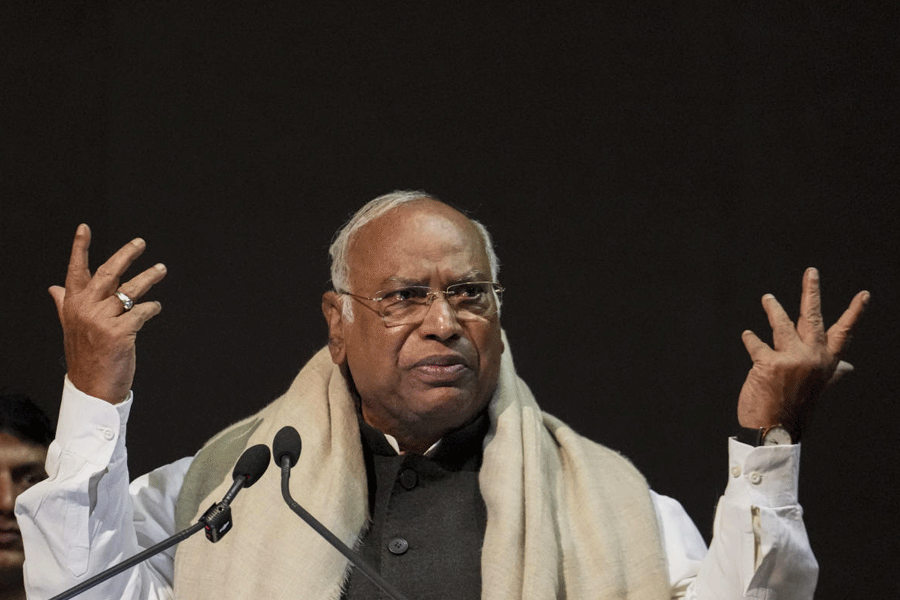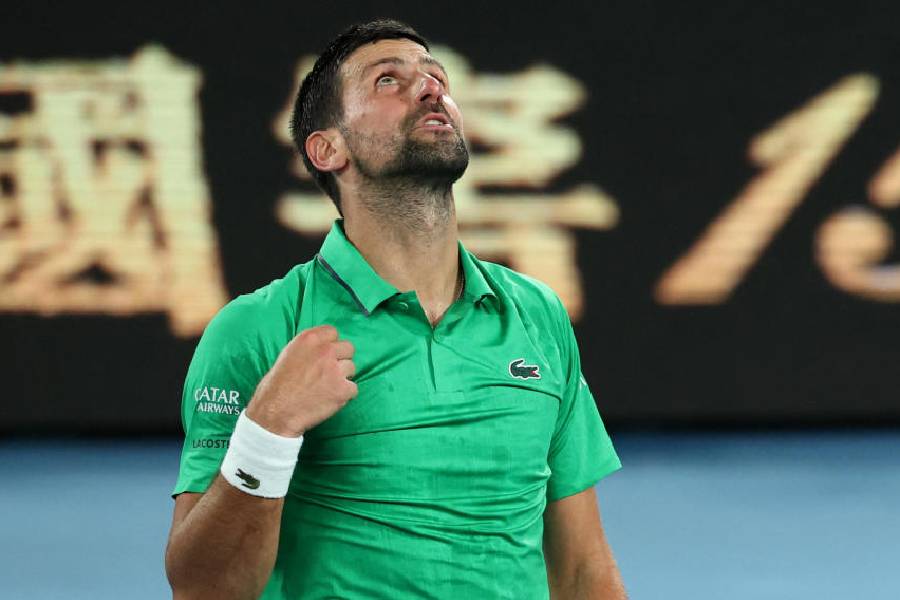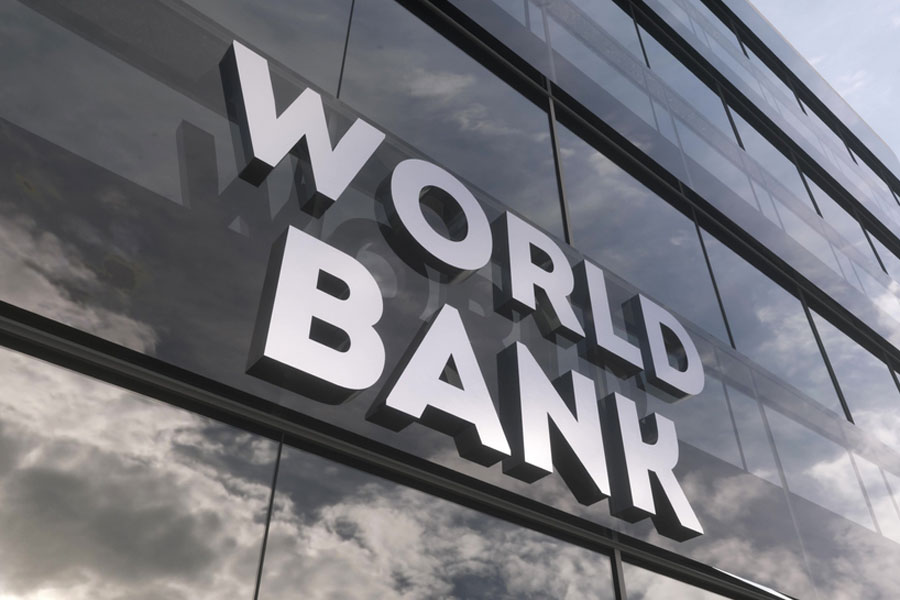Chief Justice of India B.R. Gavai on Thursday told an international audience that the recent decision of the Bar Council of India (BCI) to permit entry of foreign law firms and lawyers into India in "non-litigious" matters will soon promote the country as a destination for international commercial arbitration.
Delivering his keynote address at the international conference on "Arbitrating Indo-UK Commercial Disputes" in London, Justice Gavai said the recent decision of the BCI would also "positively affect the resolution of international commercial disputes".
"On May 14, 2025, the Bar Council of India notified the rules for the registration and regulation of foreign lawyers and law firms in India. The rules make it clear that foreign lawyers will be restricted to non-litigious matters, where cases are not taken to courts for resolution, involving foreign law, international law and arbitration, particularly in the context of cross-border transactions and international disputes.
"The Bar Council of India has further clarified that foreign lawyers may participate in international commercial arbitration conducted in India, provided such arbitration involves foreign or international law, thereby promoting India as a viable destination for international arbitration without compromising the rights of Indian legal professionals,” the CJI said.
Earlier, foreign law firms were prohibited from practising in India, both in litigation and non-litigation matters, unless they met the conditions under the Advocates Act, 1961, and the applicable rules.
"The decision of the Bar Council of India will provide a pathway to introduce global best practices in the Indian arbitration ecosystem, which will be effective in increasing the overall quality of arbitration in India," Justice Gavai told the gathering.
He said that as the business and legal communities in India and the UK grow increasingly interconnected, this strong camaraderie is well-positioned to foster the expansion of the arbitration ecosystem in both countries in the near future.
"Furthermore, it is not an overstatement to say that for India to become a leading hub for international commercial arbitration, the international arbitration community must have access to high-quality, independent and impartial arbitrators, both as a matter of fact and of perception. As with India's potential to be an international arbitration hub, there is huge potential for Indian lawyers to become arbitrators who are in demand across the globe. However, this potential is as yet unrealised,” Justice Gavai said.











